Most Popular
Korean History
-
1
2014 ferry disaster left scars that never healed
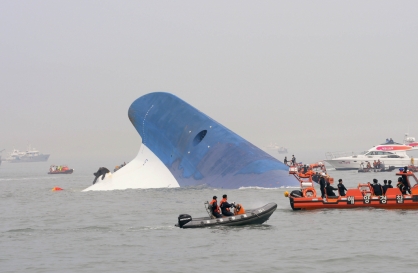
-
2
In 2012, K-pop makes leap from 'Gangnam' to the world
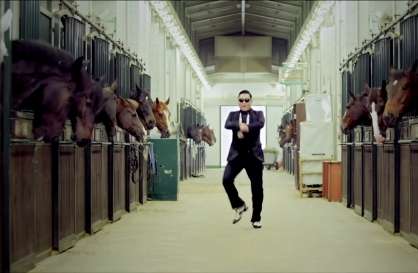
-
3
Deadly sinking of Navy ship in 2010 marks worst postwar military disaster

-
4
In 2008, Korea's National Treasure No. 1 went down in flames

-
5
In 2005, science world’s biggest scandal unravels in Seoul
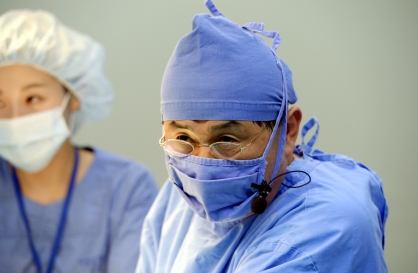
[Korean History] In 2005, science world’s biggest scandal unravels in Seoul
Hwang Woo-suk left trail of shock, disbelief, national shame, as his world-first cloned human stem cells proved to be a fraud
By Yoon Min-sikPublished : Nov. 15, 2023 - 17:04
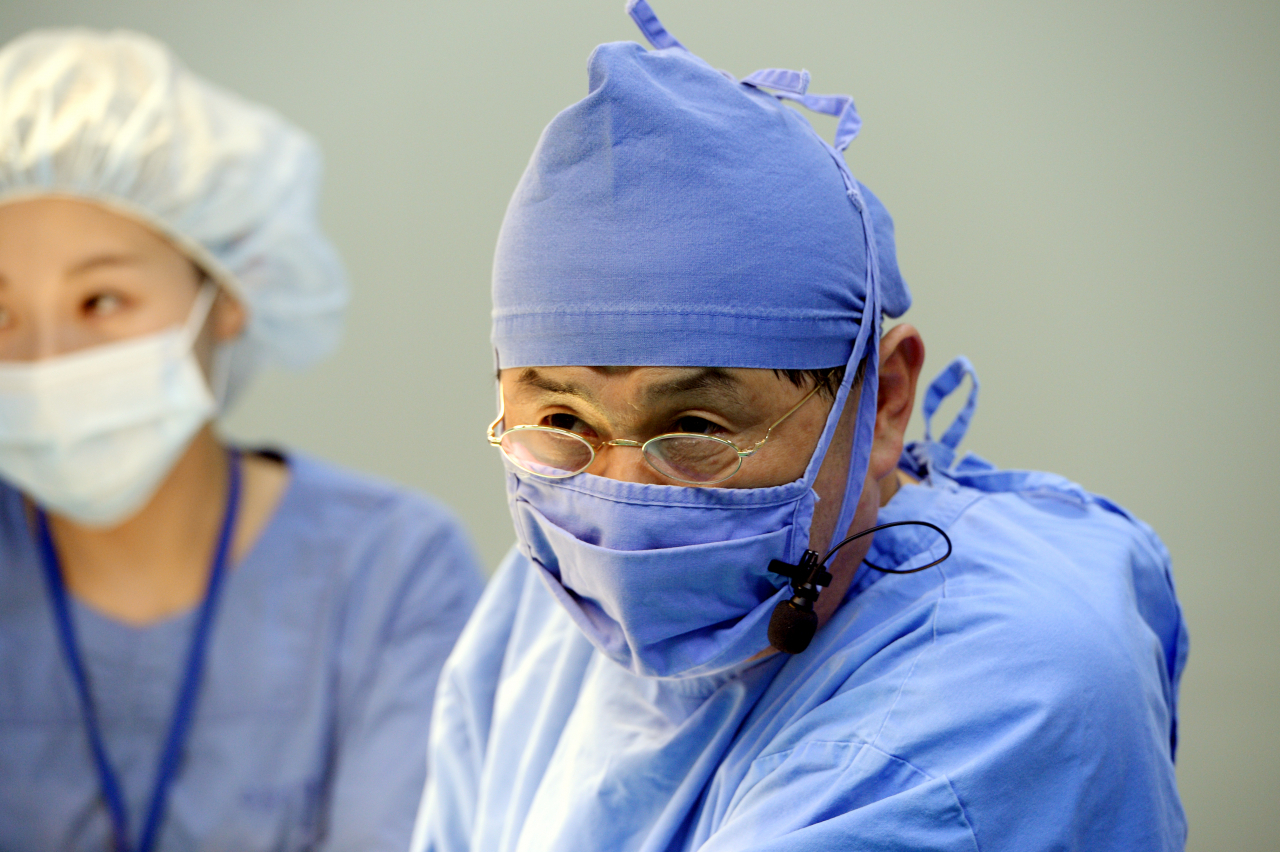
In the winter of 2005, South Korea experienced a roller coaster of emotion, looping between shock, disbelief and relief multiple times after Hwang Woo-suk, then the country’s most revered scientist as well as a symbol of national pride and hope for the terminally ill, faced whistleblower accusations for grave ethics breaches, followed by even graver matters of data fabrication.
After a whirlwind of claims and counterclaims that left many at a loss as to what to believe, by December of that year it became clear that the country's beloved cloning guru was fake.
“Hwang’s stem cells were fake: associates” was the boldest headline on the front page of The Korea Herald on Dec. 15, 2005.
'Miracle' study from much-hyped scientist
Hwang's downfall was not just a Korean issue. The fraud sent shockwaves through the science world.
Hwang garnered international fame as his team succeeded in the world-first clonings of a calf in 1999, a pig in 2000 and finally a dog in 2005. In between, in 2004 his team claimed to have created an embryonic stem cell line from a cloned human embryo, with the work published in the prestigious Science journal.
He went on to build his reputation as a pioneer in therapeutic cloning, the applications of which could have presented opportunities such as developing muscle, nerve or other cells that make up the body’s tissue. In his 2005 study, his team claimed to have cloned 11 person-specific stem cells using 185 eggs, sparking global excitement for a cloning breakthrough in treating illness.
And Hwang knew how to play up to the hype, never shying away from publicity and always choosing the right words to invoke nationalistic pride.
On KBS TV’s “Open Concert” on July 31, 2005, Hwang took the stage right after a performance by dance duo Clon, one member of which -- Kang Won-rae -- was in a wheelchair as the result of a traffic accident.
“I hope for a day that (Kang) will get up and perform magnificently as he did in the past,” Hwang said.
During a meeting with then-President Roh Moo-hyun, the then-Seoul National University professor even expressed his ambitions to bring the country its first Nobel Prize in a scientific field.

Shattered national pride
The saga that eventually brought Hwang back down to earth began in November 2005, when MBC TV’s investigative journalism program “PD Notebook” raised issue with the source of egg cells used in his study. They were initially reported to be from voluntary donors, but later were found to have been in part from Hwang’s subordinate researchers.
Although Hwang himself eventually admitted to ethics breaches in egg procurement and resigned from his official positions at the university, public opinion turned hostile toward MBC for hampering Hwang’s research that many deemed as being too significant to be hindered for procedural issues.
Local firms that commissioned their advertisements to be aired with the MBC program were pelleted with customer complaints, and 11 of the 12 TV ads initially aired before the show were discontinued.
Confronting critics head on, “PD's Notepad” aired a follow-up report that questioned the validity of Hwang’s work itself. A community of young scientists joined in, pointing out suspicious errors in Hwang’s paper, including that photos of the same cells had been portrayed as being of different ones.
After an investigation, the Seoul National University announced on Jan. 10, 2006, that the entirety of Hwang's human stem cell research had been fabricated and there were no cloned stem cells.
The source behind the "PD Notebook" report was a former member of Hwang’s team, Ryu Young-joon, who blew the whistle on his former boss about ethical issues and questioned how it “wasn’t logical” that Hwang had managed to roll out 11 embryonic stem cells in such a short time. Ryu said he was infuriated by the lack of ethics, particularly when he saw Hwang promise a 10-year-old patient with spinal surgery that he “can heal him” while pushing him to partake in a clinical trial.
The Hwang frenzy did not die out even as his reputation as a scientist was forever tarnished, and he stood trial on charges including bioethics law violations and embezzlement.
In January 2006, over 2,000 people gathered at Gwanghwamun Plaza demanding that Hwang’s work be resumed. A Realmeter survey in the same month with 551 people across the country showed that 70.6 percent of respondents thought that Hwang should be given the chance to re-create his work.
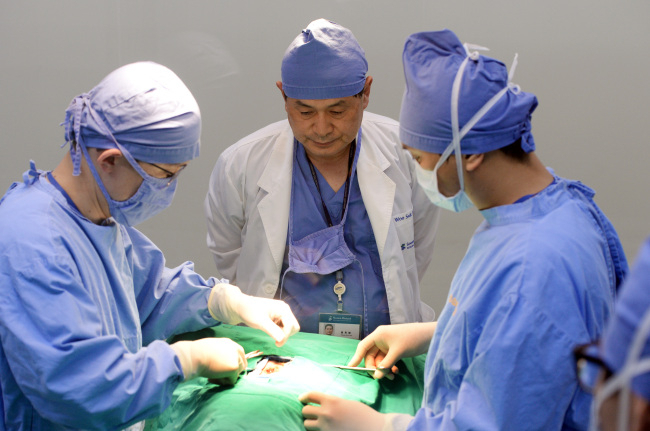
Kim Hwan-seok, a professor emeritus of sociology, wrote in his column that many people had been blinded by nationalistic pride, particularly after South Korea had enjoyed sports success by reaching the semifinals of the 2002 World Cup.
“‘World-renowned scientist’ Hwang Woo-suk became a hero that adds to the nationalistic pride, which had been pumped up by the World Cup semi-finals. But (Koreans) should seriously contemplate whether the nationalism precedes the basic values of humanity or the ethics, particularly in an era where the members of the world need to co-exist with each other,” he wrote.
In 2014, after eight years of legal proceedings, the Supreme Court ruled Hwang guilty, sentencing him to a suspended jail term.
Despite the conviction and tainted reputation, Hwang did not leave the cloning field, finding his niche in catering to clients who wanted to clone animals.
When The Korea Herald last met with Hwang in 2014, he was cloning terminally ill dogs to “give them a second life.” Hwang maintained that he did actually create cloned human embryonic stem cells, in spite of the lack of evidence and official investigations that showed he had fabricated the related data.
The Hwang saga offered a lesson on how nationalistic pride and anticipation for great achievements could blind the general public as well as the media.
The events inspired 2014 film “The Whistleblower,” retelling the Hwang saga and the intense pressure that real-life whistleblower Ryu and the “PD Notebook” producers endured.
It has been reported that Hwang supporters hacked Ryu’s blog and sent threatening messages to him and his family, forcing him to quit his job and spend months in hiding.
Netflix documentary “King of Clones,” released earlier this year, also delves into the rise and fall of Hwang, as the man himself shares his current life and cloning work in Abu Dhabi of the United Arab Emirates.
He said it was not external “pressures, but own ambitions” that pushed him beyond the limits.
Calling Sheikh Mansour bin Zayed Al Nahyan, the UAE vice president and billionaire owner of Manchester City FC, his "boss," Hwang said he has cloned some 150 camels there so far.
























![[Today’s K-pop] Treasure to publish magazine for debut anniversary](http://res.heraldm.com/phpwas/restmb_idxmake.php?idx=642&simg=/content/image/2024/07/26/20240726050551_0.jpg&u=)